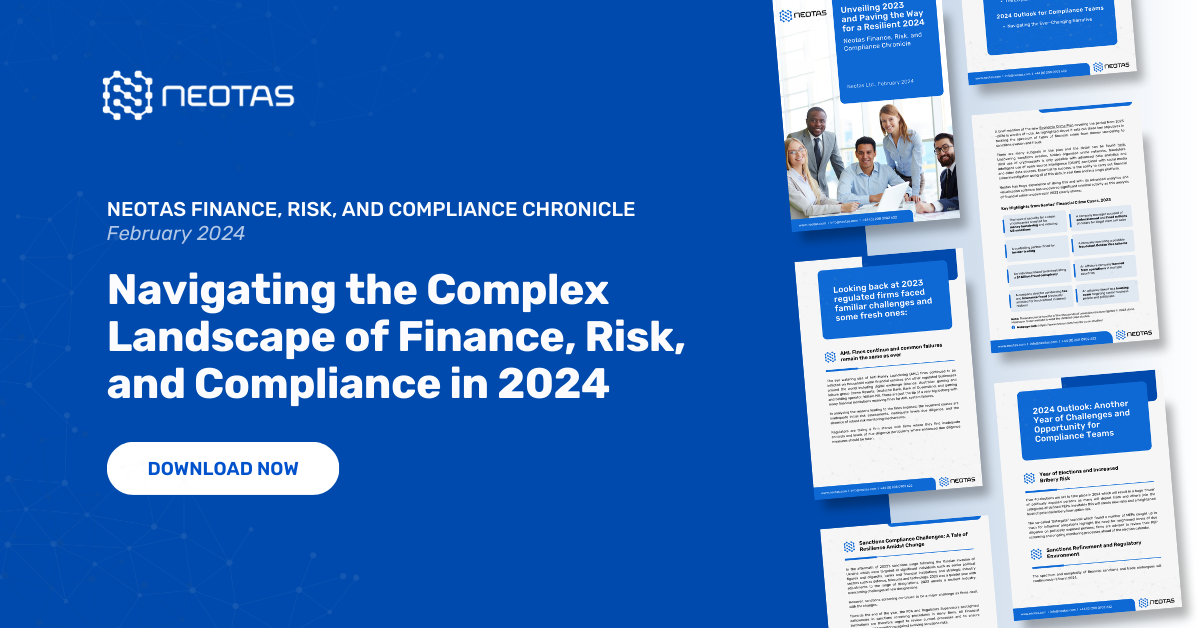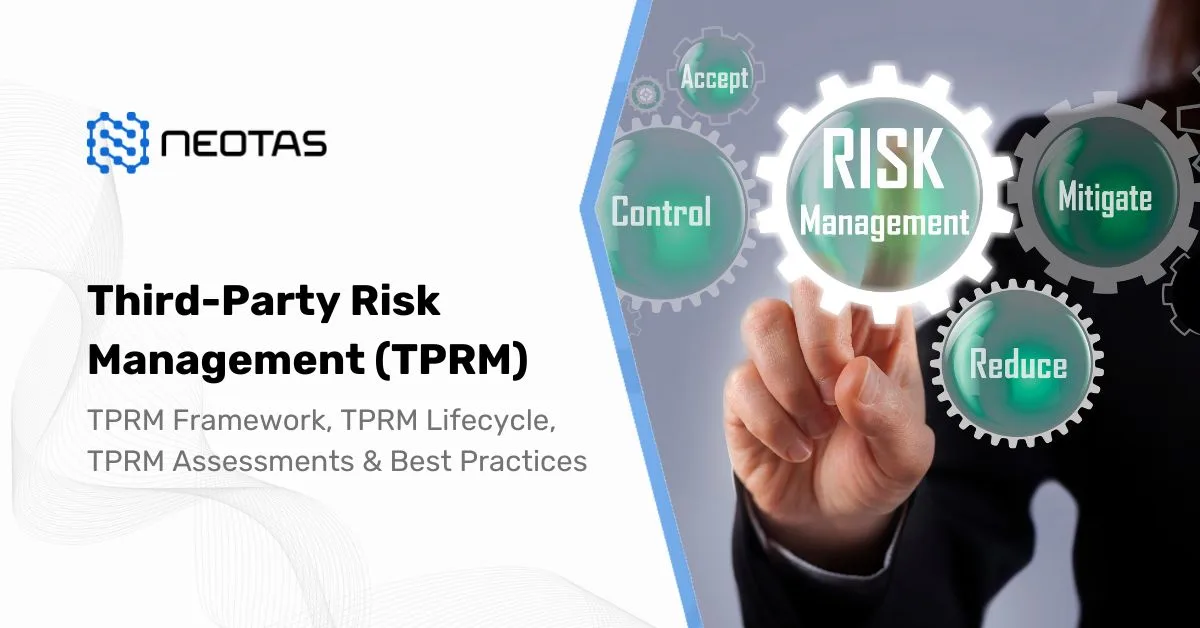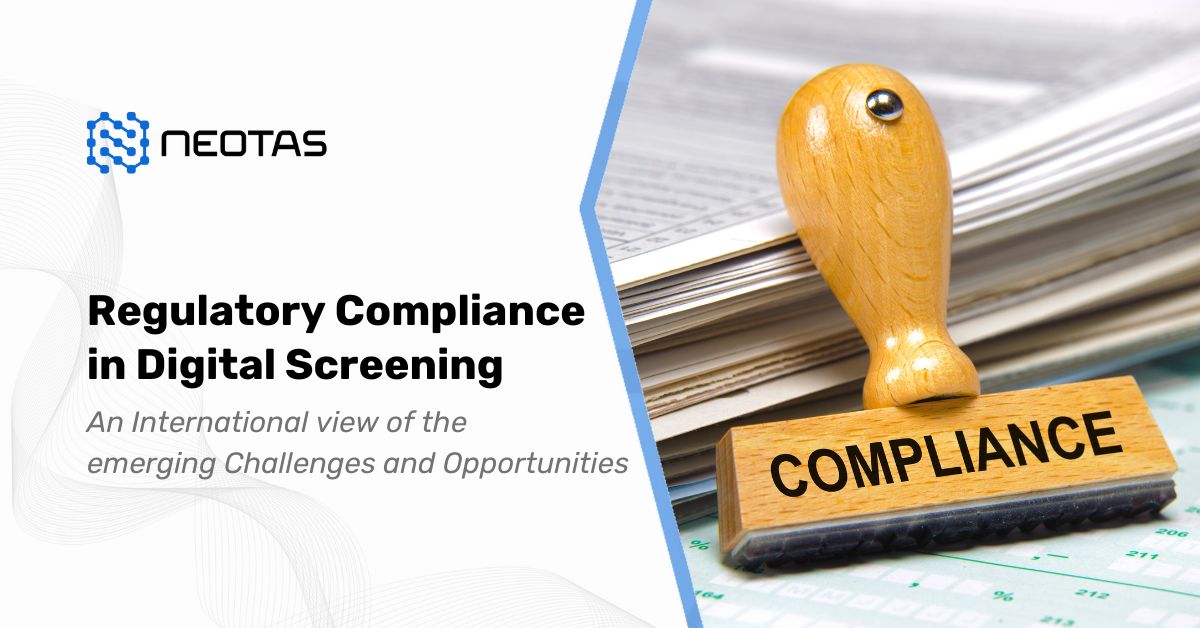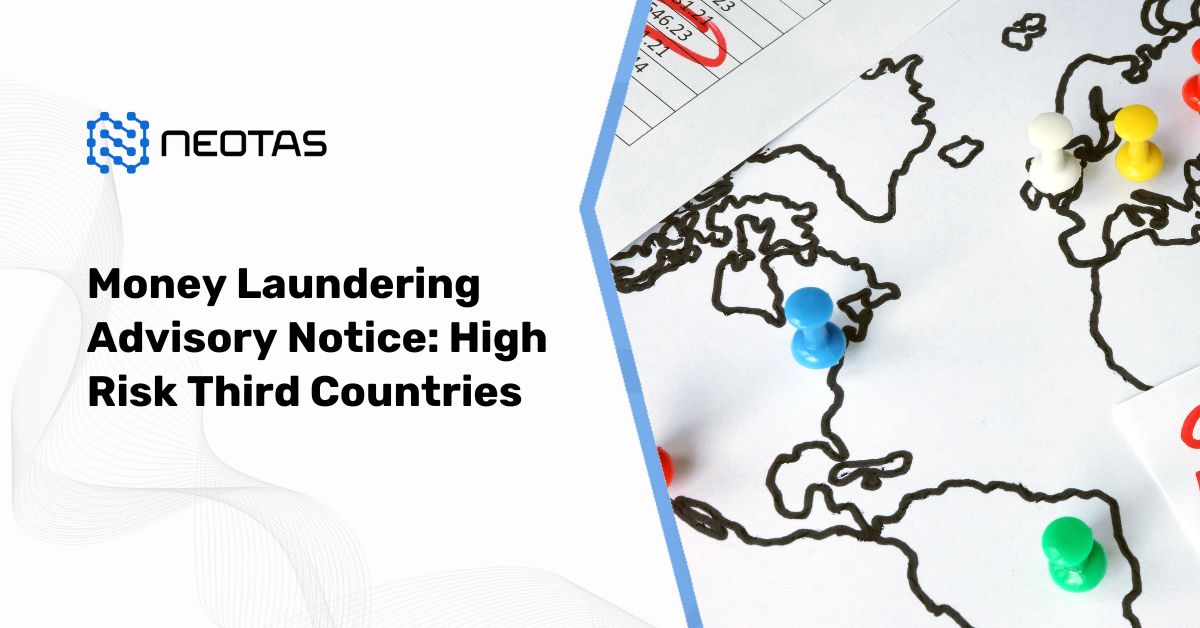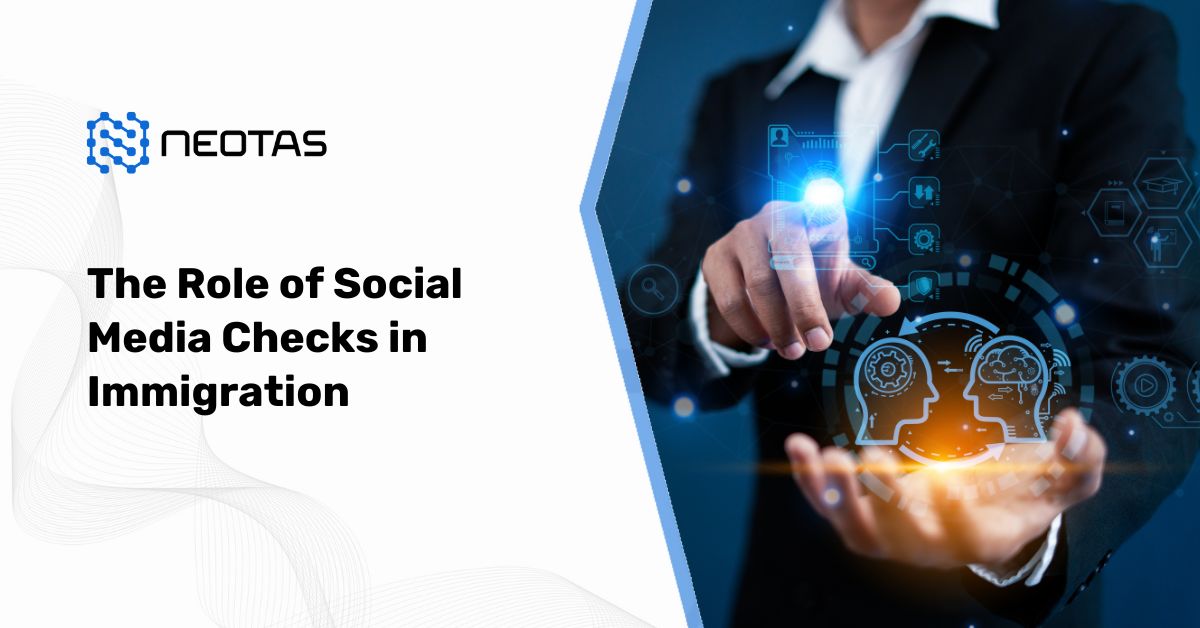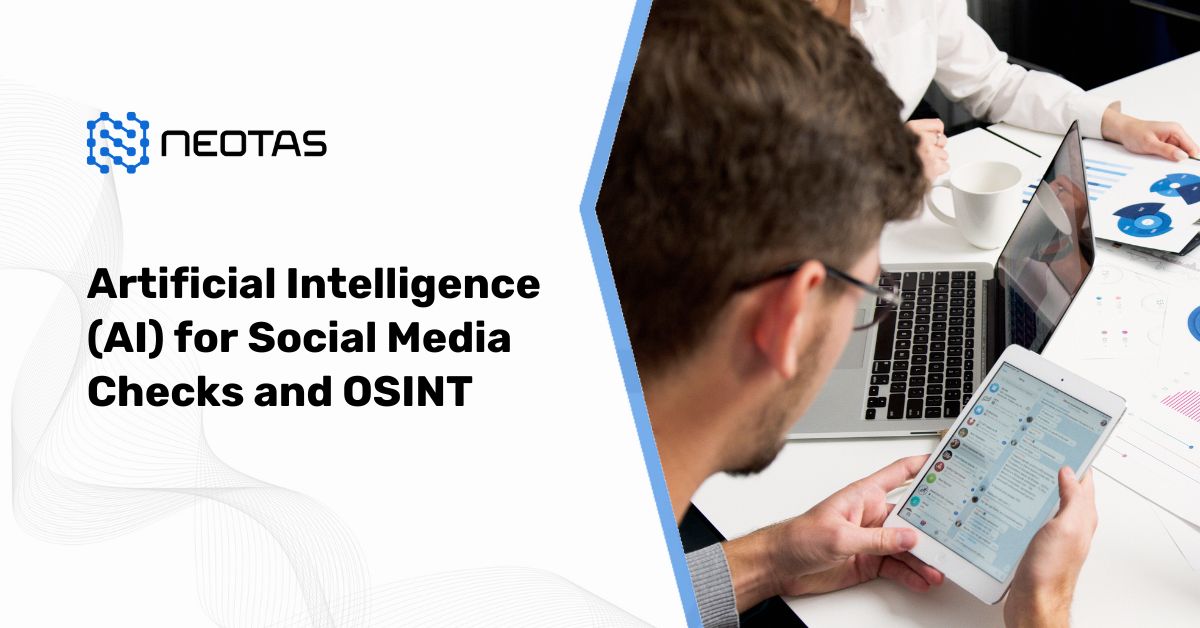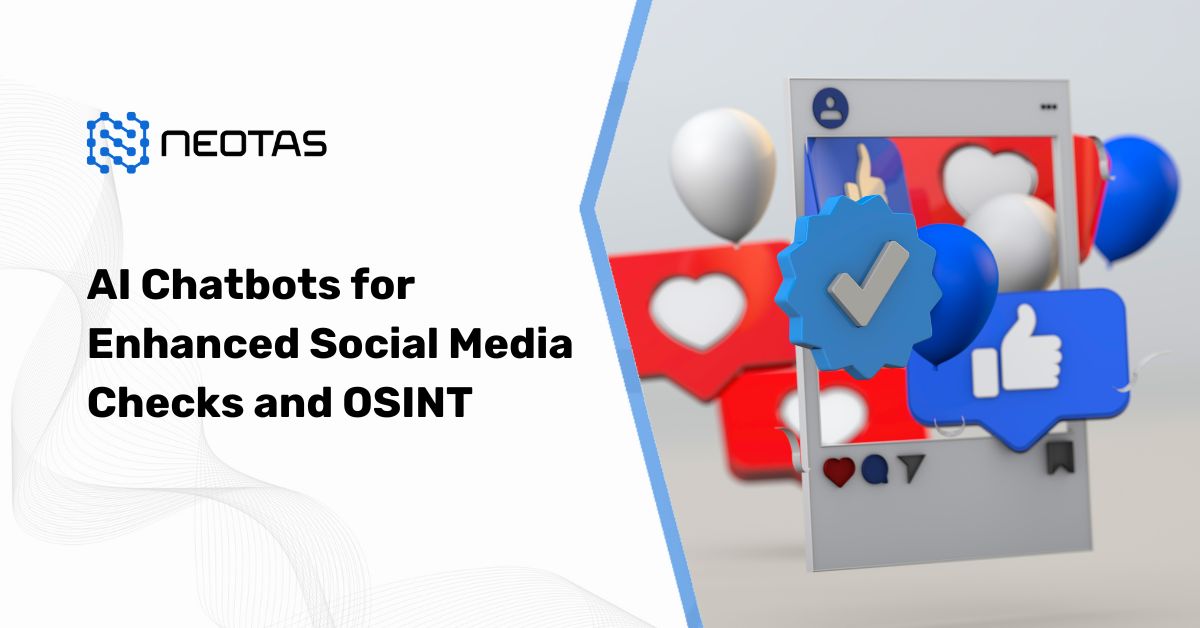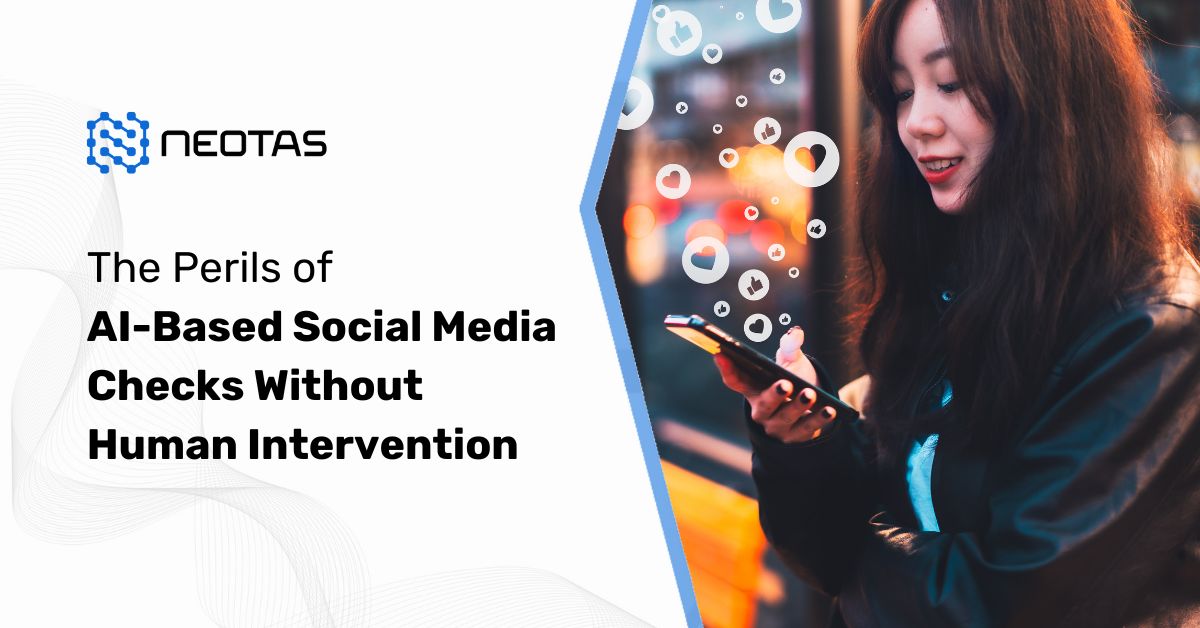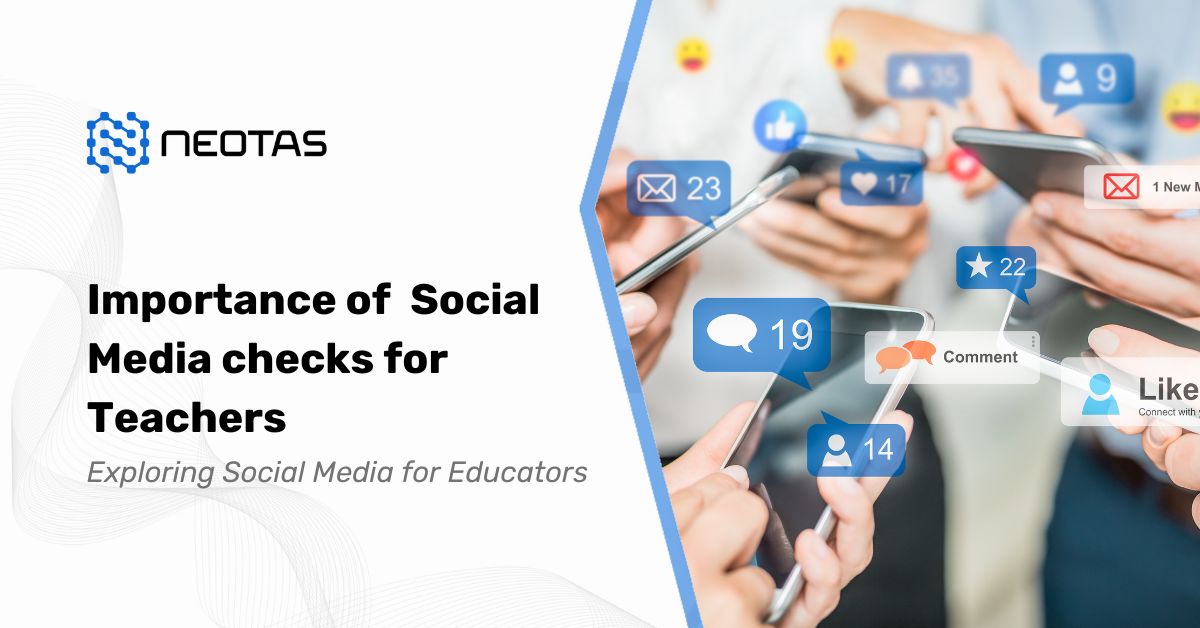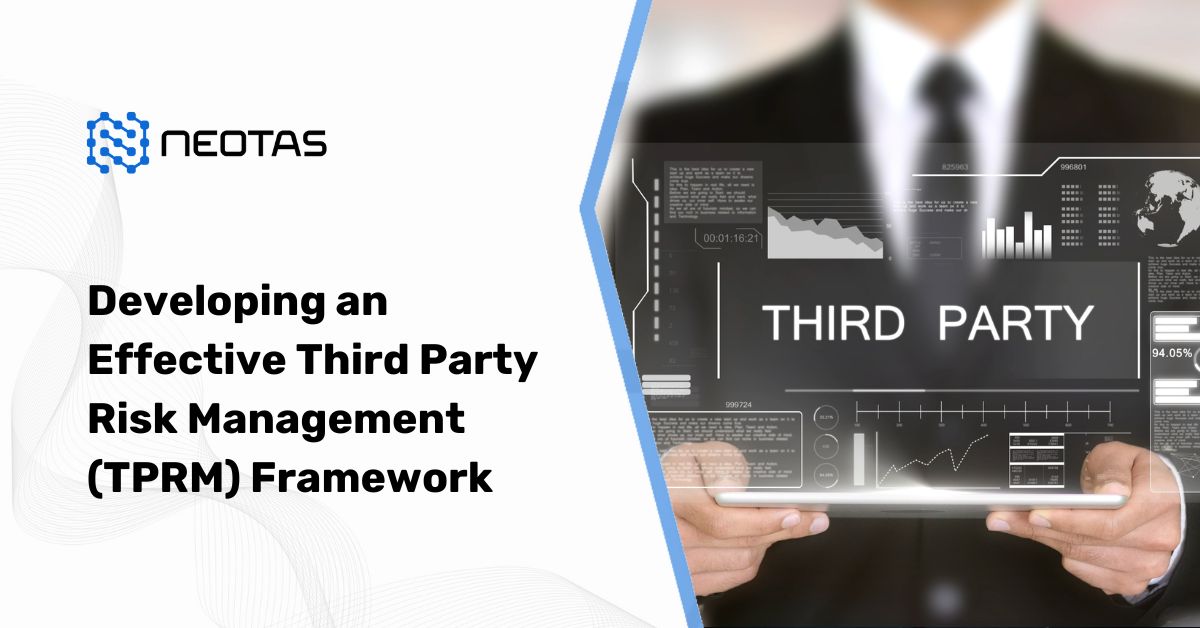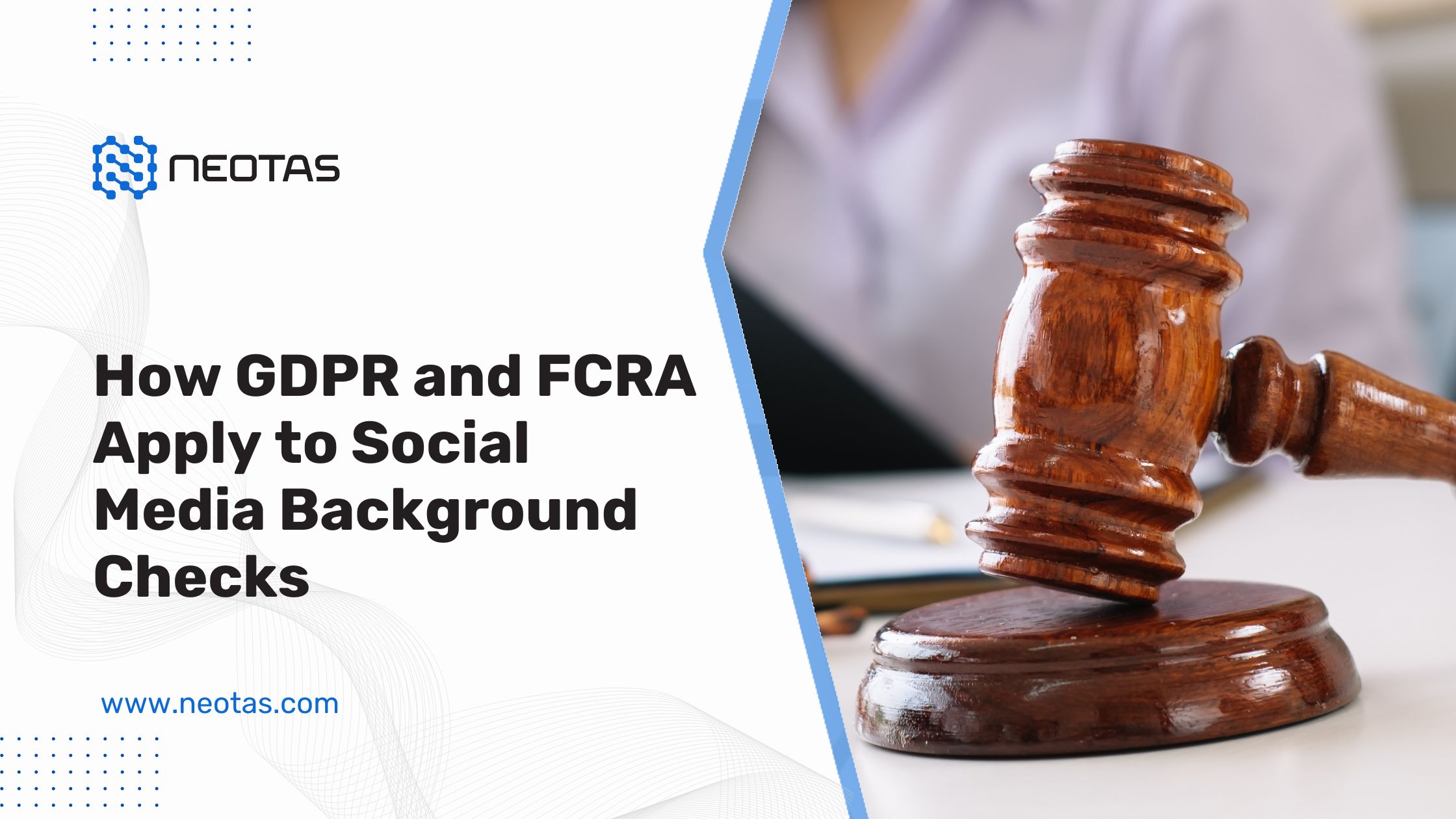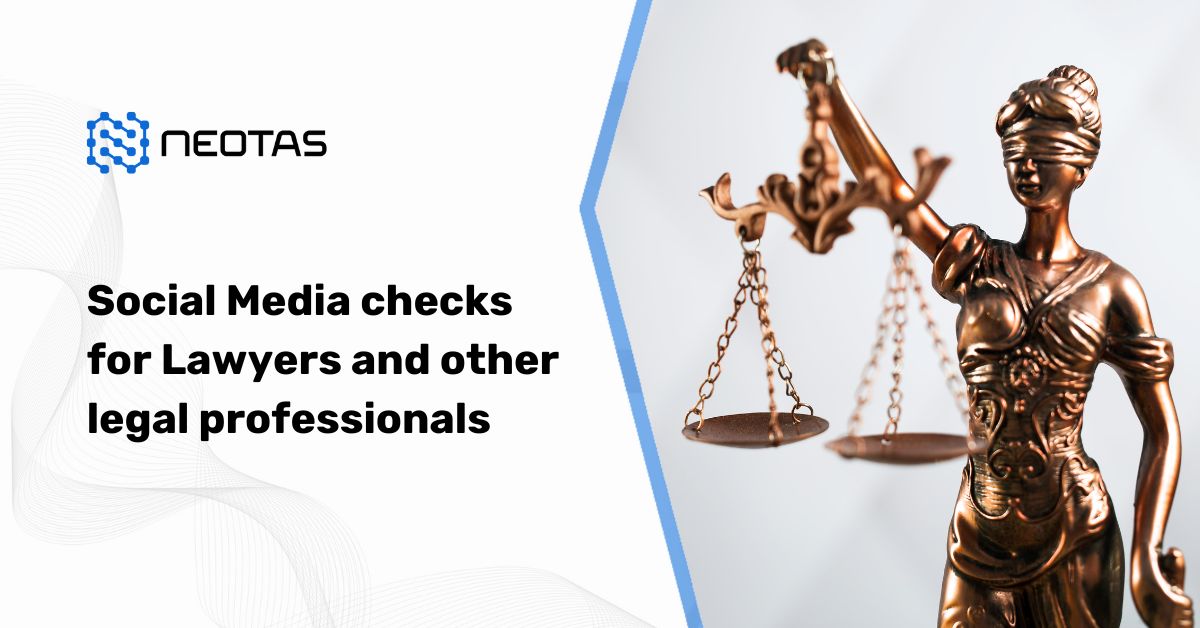Private Equity International
Unseen red flags – as featured on: Private Equity International
Three months after you’ve invested, something about the founders or a senior member of the management team comes out of the woodwork.
Maybe they stand accused of fraud in another nation. Perhaps ex-employees have a bad word to say. Maybe they’re simultaneously working on a second undisclosed project and can’t devote the time you require.
Moments like these may be rare, but when something goes wrong with an investment, you don’t forget about it in a hurry. The question is, what can you do to stop it happening in the first place?
Standard due-diligence is supposed to identify these issues, but we all know that it’s limited in its reach. Database checks can only give you binary answers: Yes, this person went to this school. Yes, this person worked here. Yes, this person has a valid passport.
This doesn’t tell you anything about opinions of the person, about their character and their motivators. Sure, you have reference checks, but ex-employers are reluctant to give a bad reference for fears of landing in legal hot water. Lastly, you sit down with the team over weeks of discussions, but again you get a very one-sided view of their personality.
So, what are you supposed to do? The current information is hollow: it doesn’t provide actionable insight. The information you really want to know doesn’t currently have any place in the traditional due-diligence process. Who are they really? What motivates them? How will they behave when the going gets tough? These are the most important parts of who somebody is, and yet the current process doesn’t give you the answers.
This is where open source due-diligence comes in to play. Rather than relying on closed source databases, Operating Partners are now using companies that investigate the digital footprints of the company and its team to identify if there are areas of concern. This process involves investigating unstructured qualitative information that has not previously been accessed, like social media and the deep and dark web to identify areas of concern.
Historically, open source due-diligence has been used within the intelligence world. As the internet has grown, more information about people and companies is published online. Today, it’s possible to leverage new technology alongside these intelligence methodologies to provide additional insights that have previously been unseen.
This process may reveal suppressed company reviews, as well as negative media stories that databases don’t hold on record. As a result, investment decisions can be made from more solid foundations and unseen red flags that could prove costly down the line can be uncovered before it’s too late.
The world has moved online, and it’s time due-diligence caught up.
-Dan Burke-Ward, Neotas



